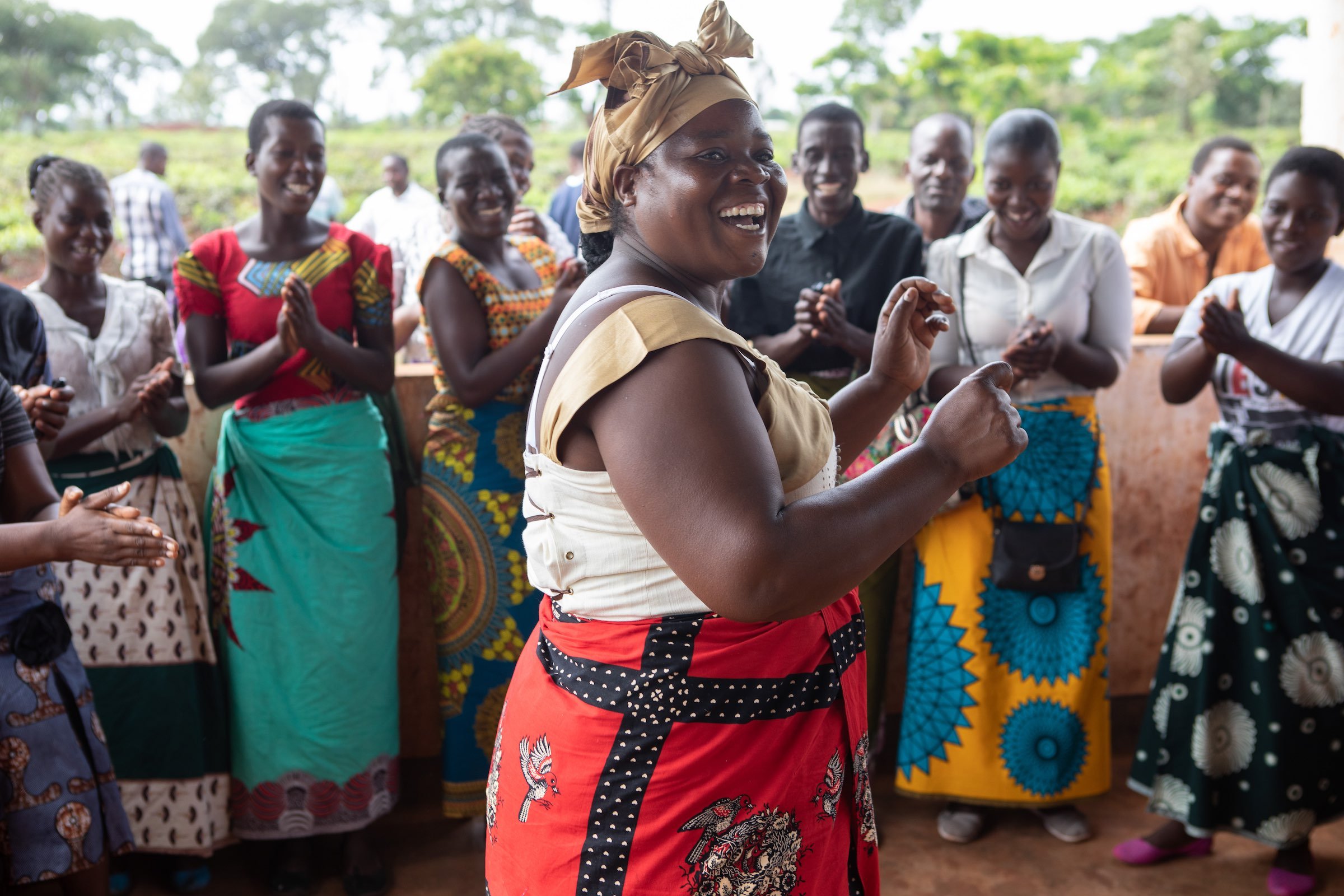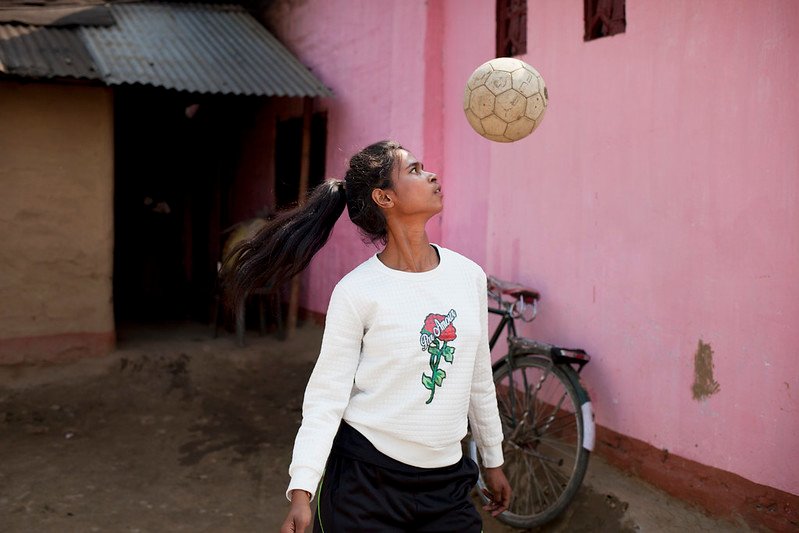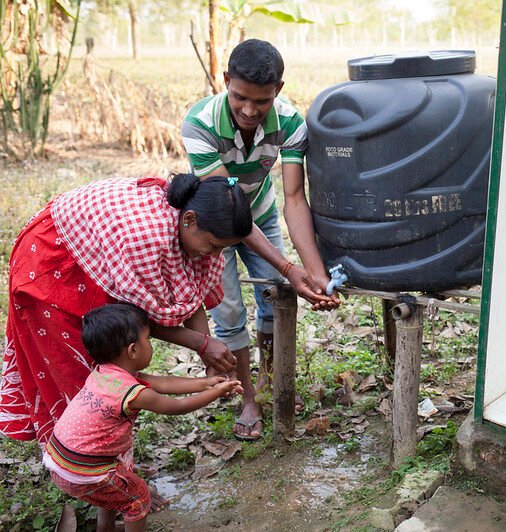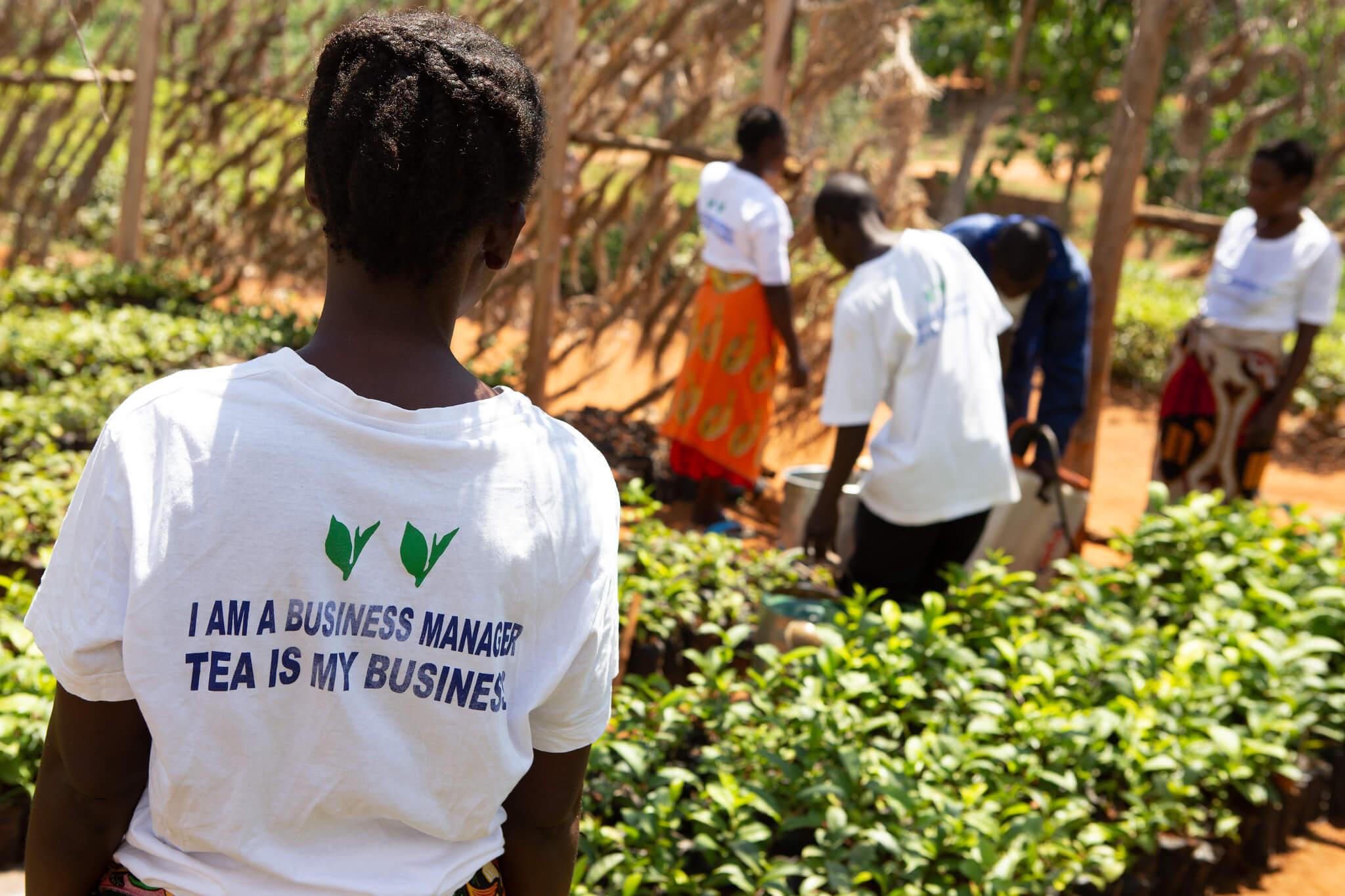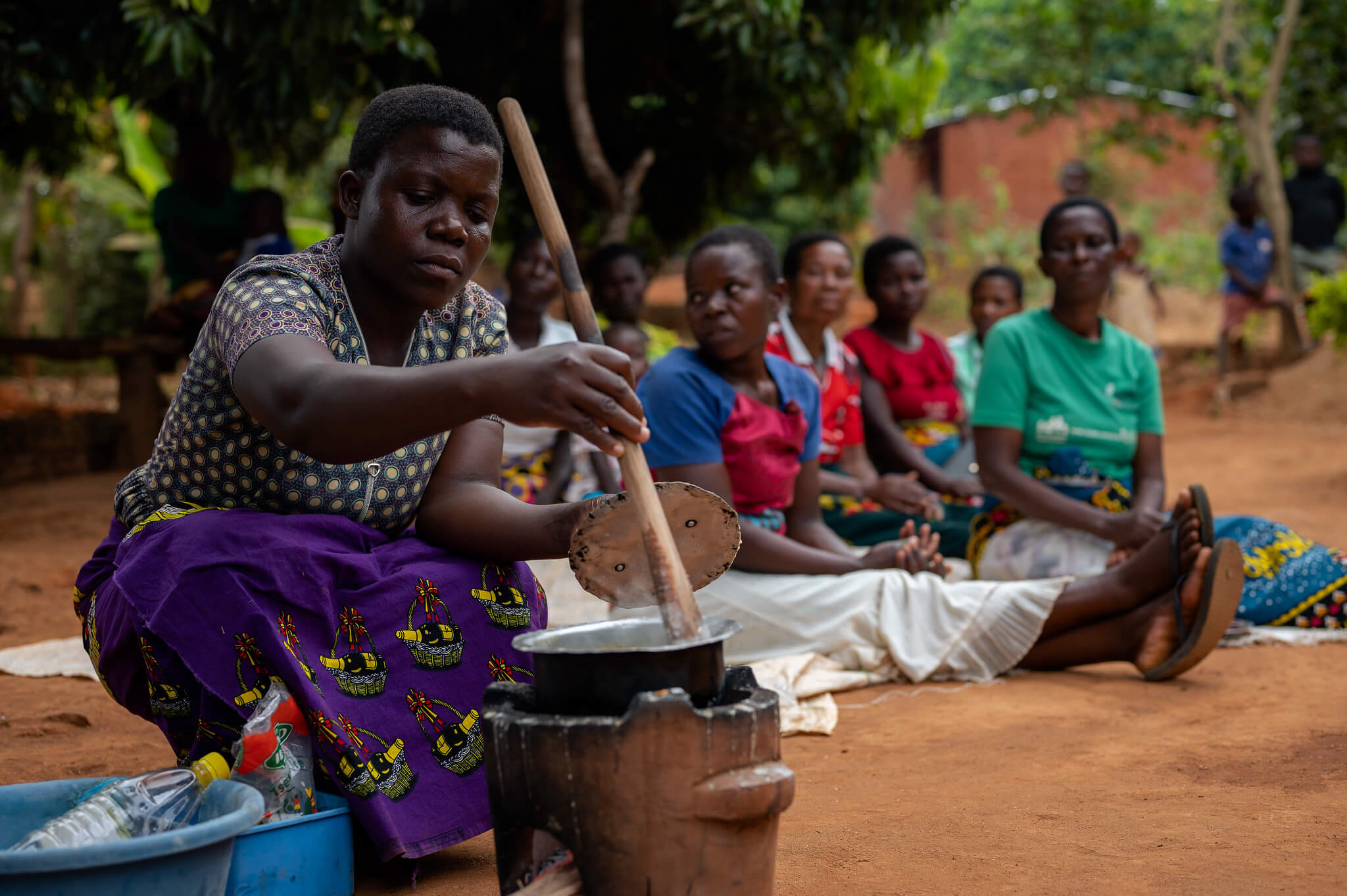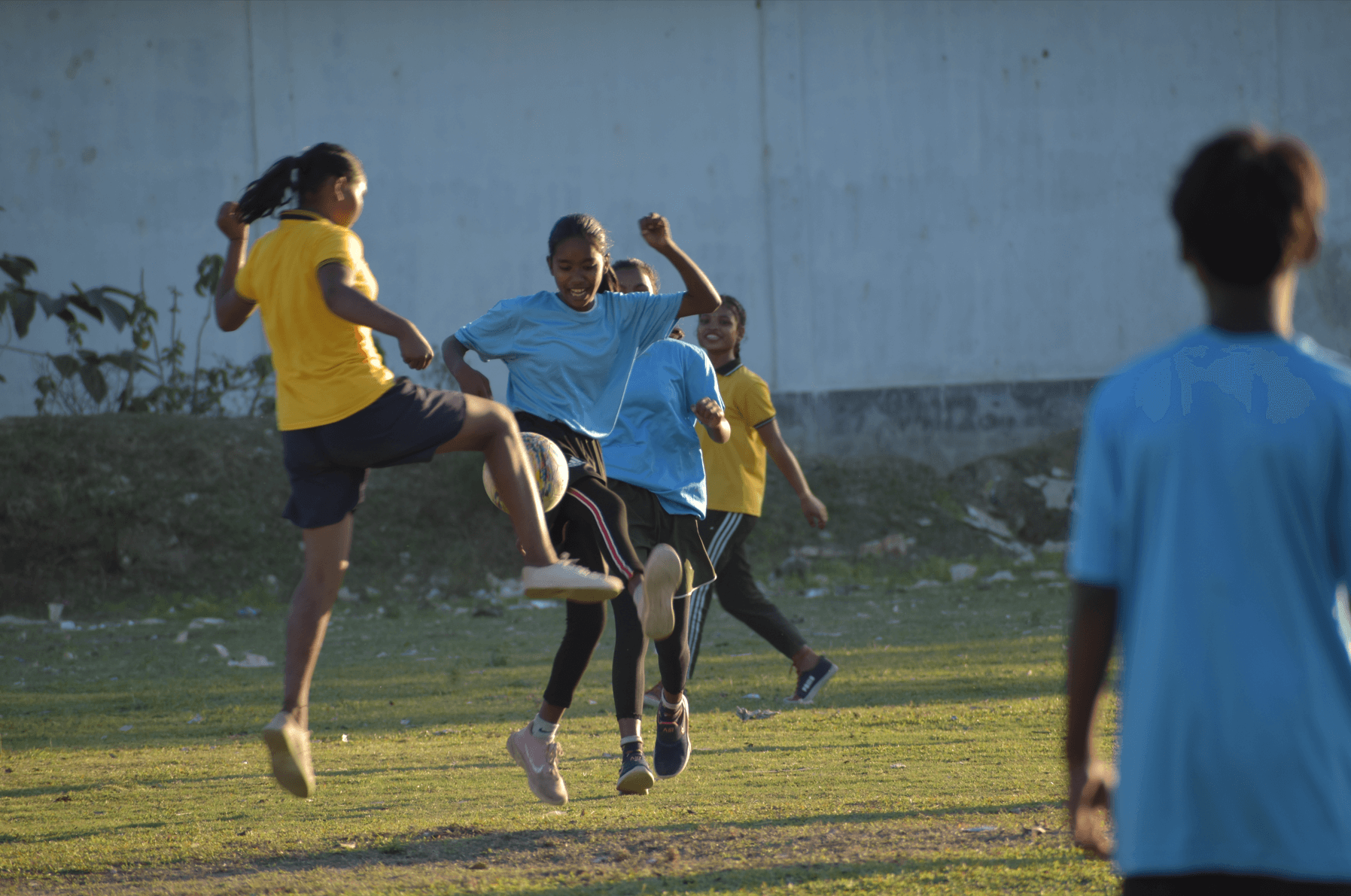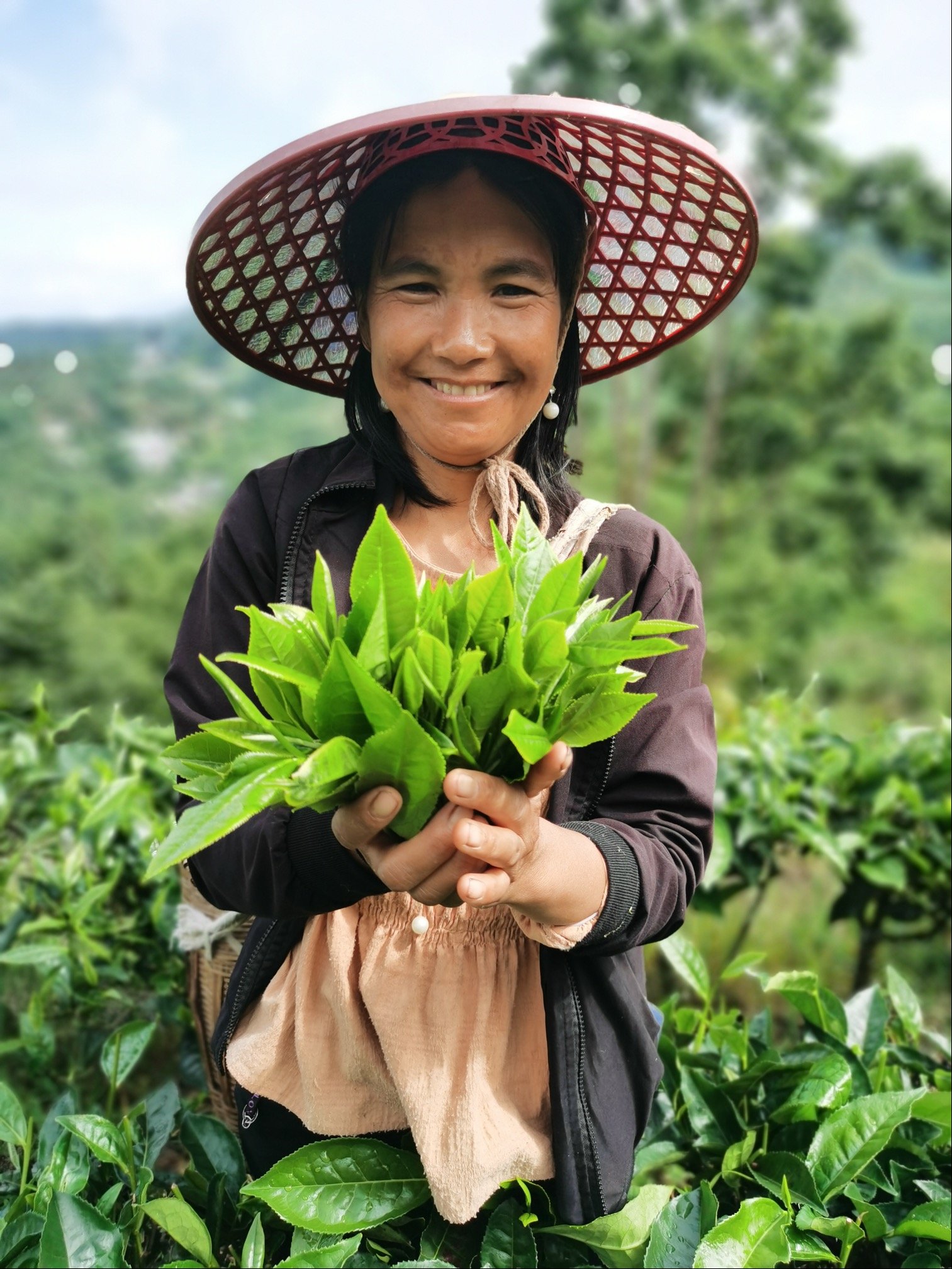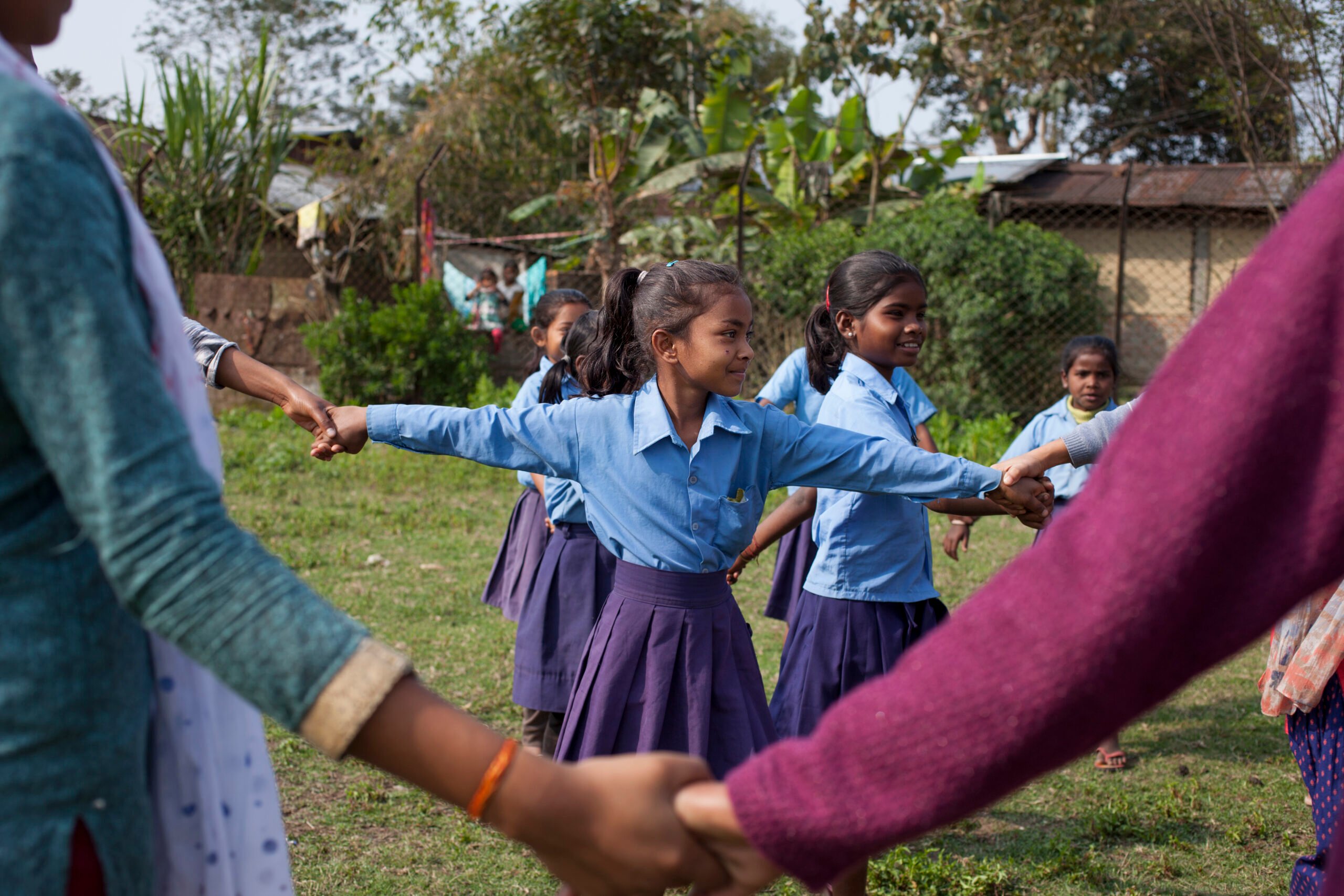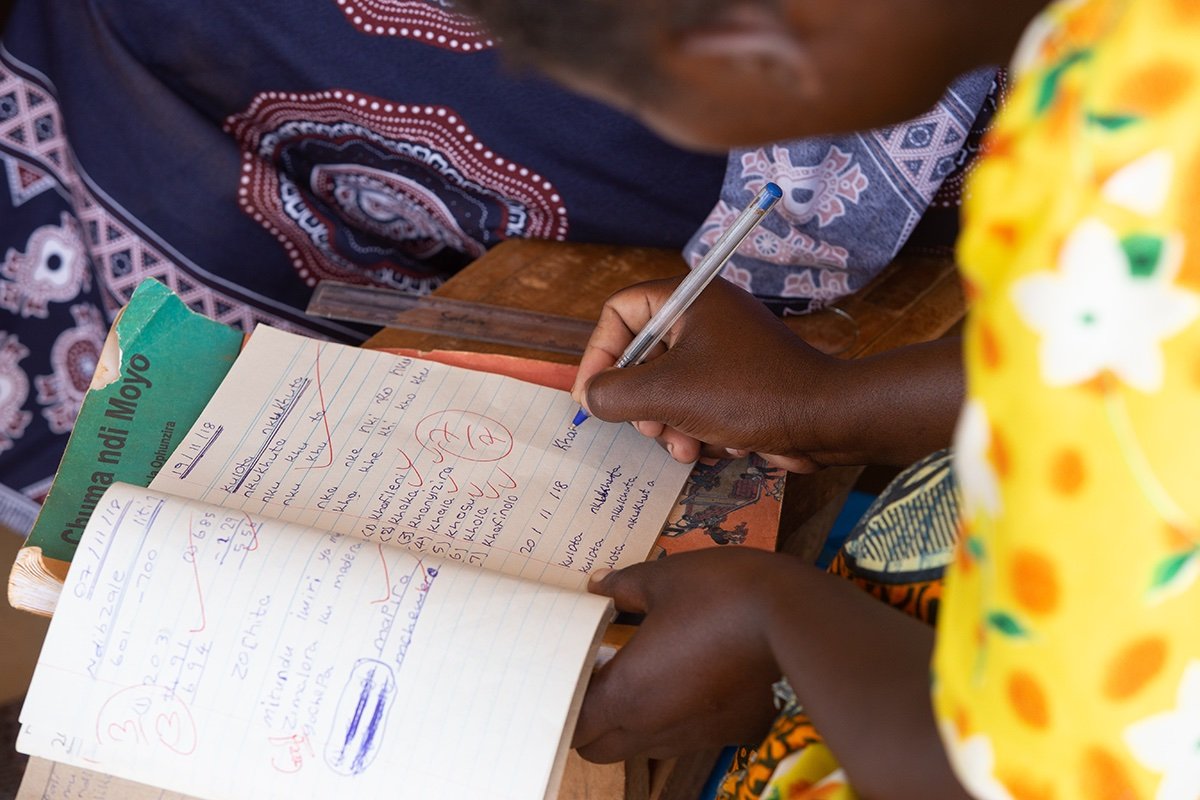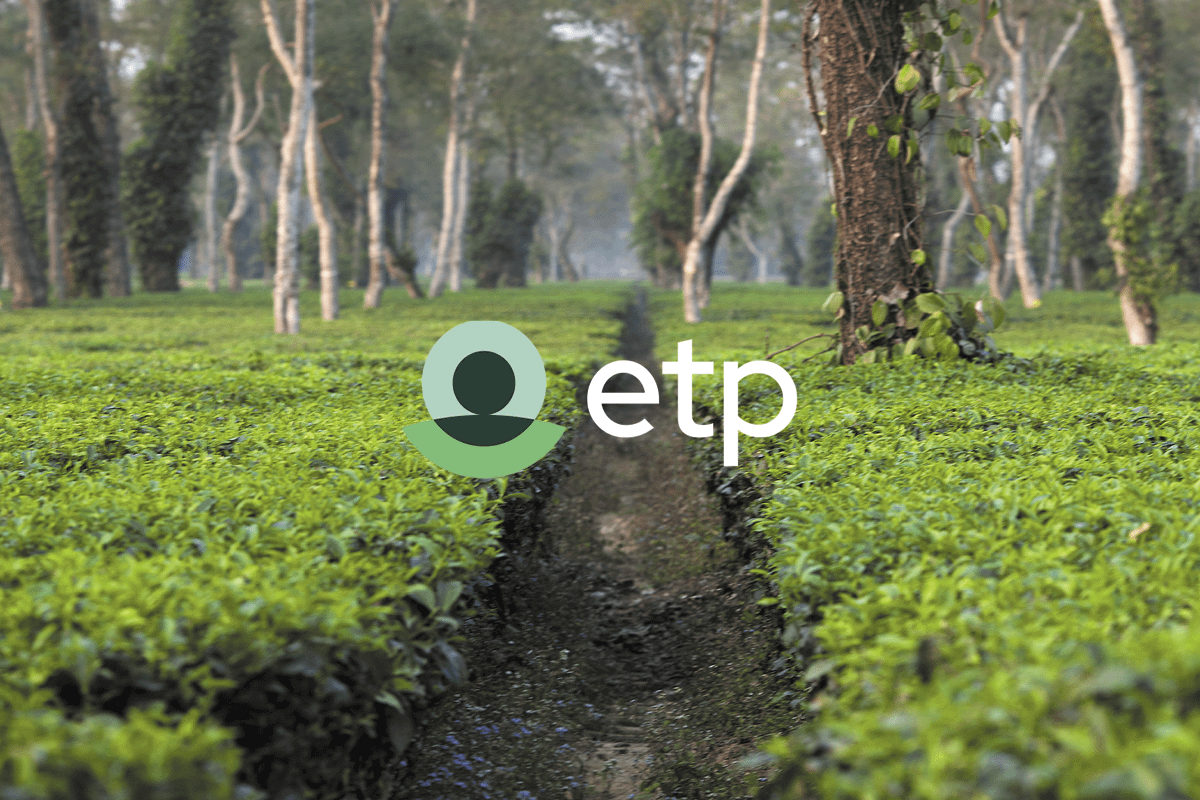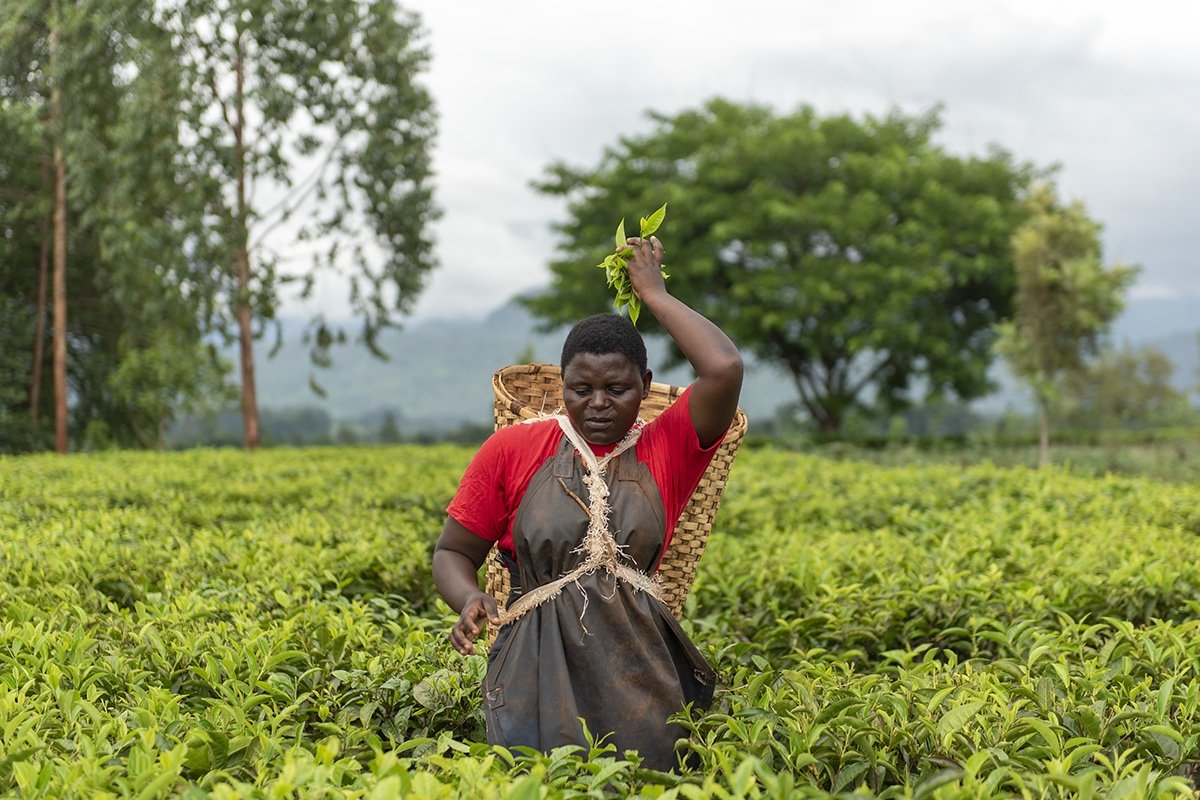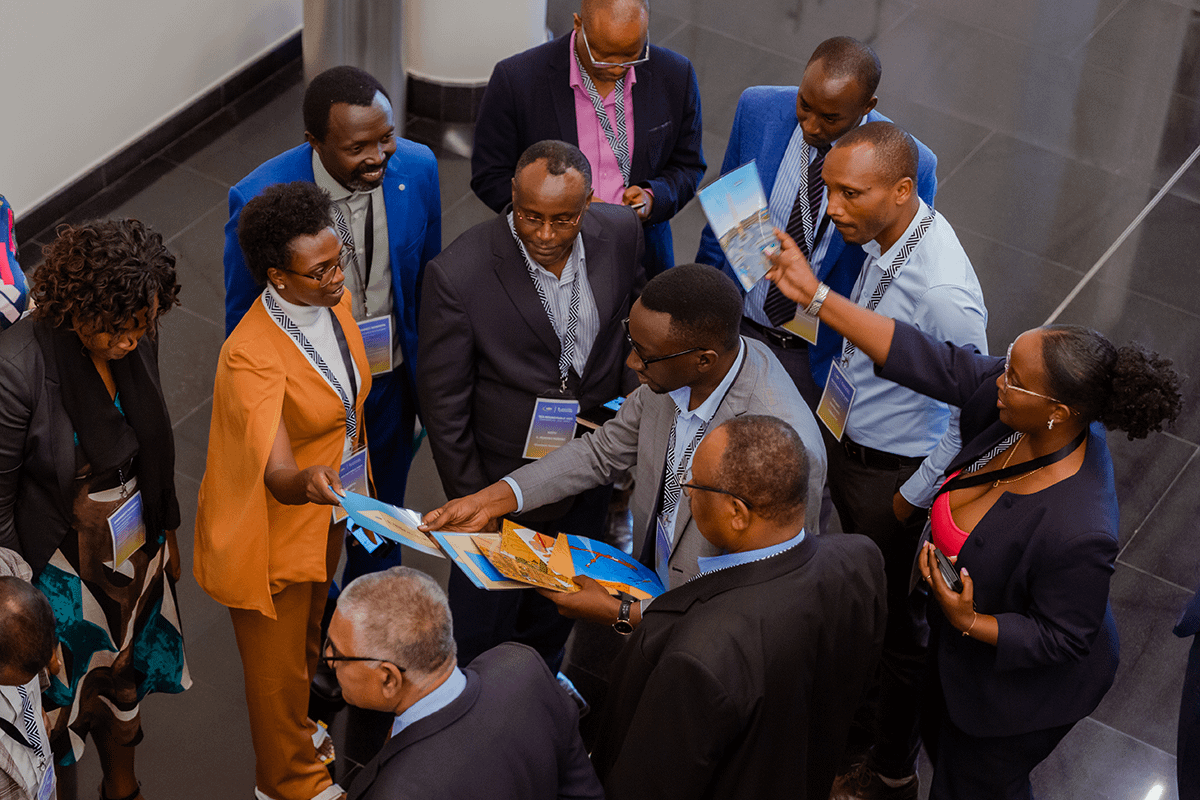- Our projects seek to raise awareness of the rights of women and young people, and support them to exercise these rights
- We collaborate with individuals, communities, women’s rights organisations and other civil society organisations to design and implement activities, and involve men and boys to help shift societal attitudes
- We focus on activities that work towards transformative leadership for women to create safer, more equal workplaces, and increase the number of women in management roles
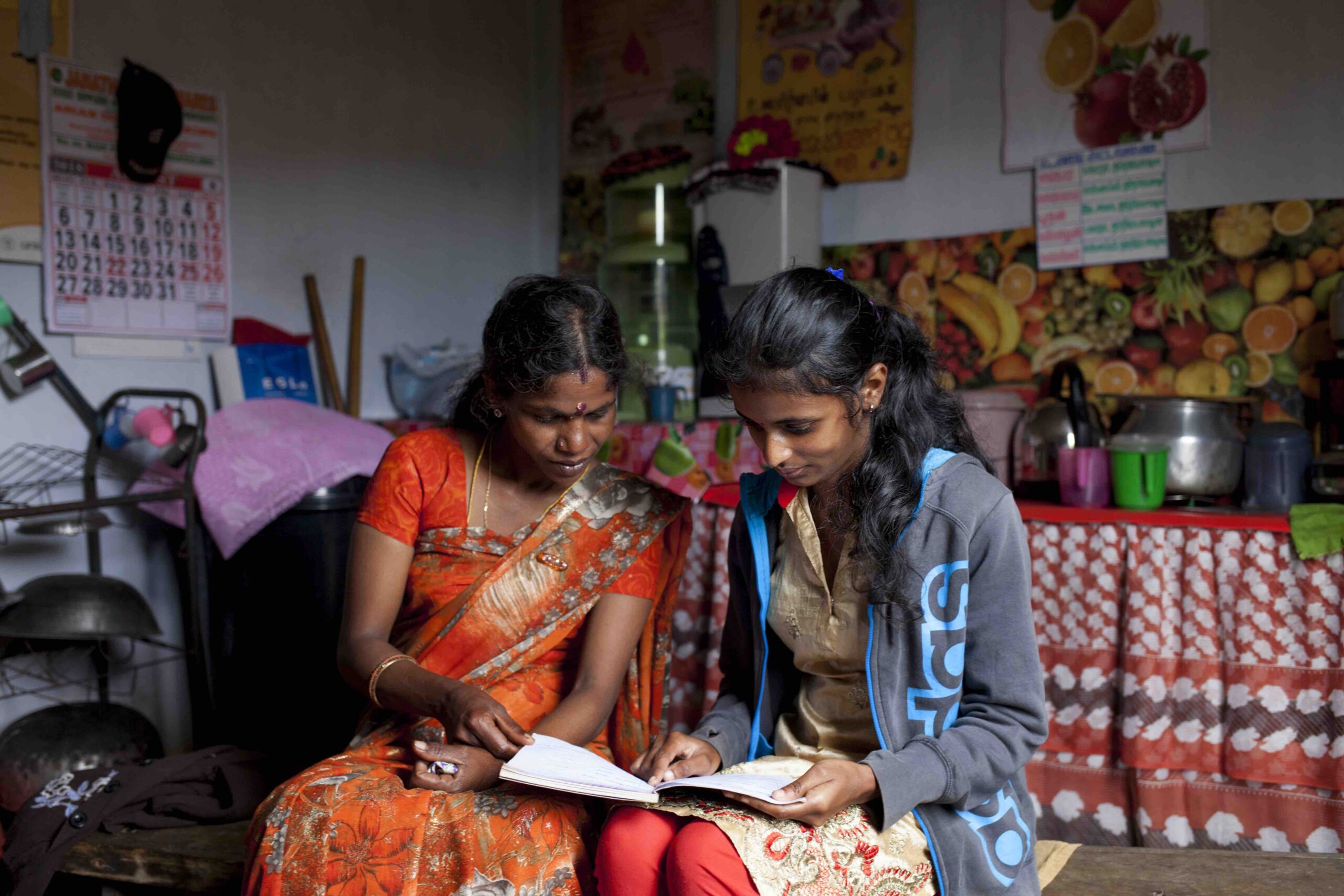
Empowered, safe communities in tea producing regions.



